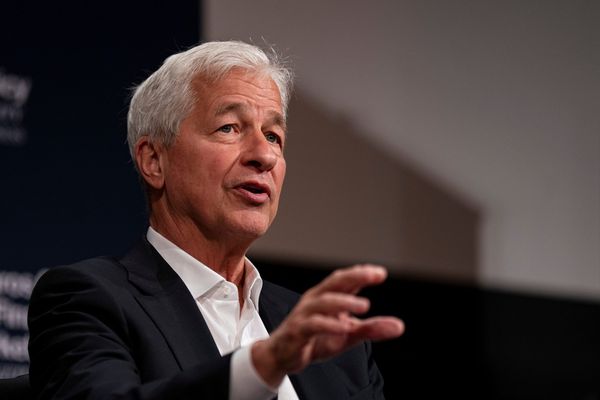
By deposing Boris Johnson, the Conservative party has leapt into the unknown. With a Commons majority of almost 80, the Tories have thrown their leader overboard. The prime minister’s colleagues simply could not trust him – either personally or politically. The result is that the Tories are no longer led by a serial liar, shameless egotist and erratic policymaker with little judgment. Candidates to replace Mr Johnson are pledging to restore integrity to public life. Conservative MPs were clearly fed up with being lied to. It is unclear, however, whether a new Tory leader will stop the public from being deceived.
British politics has been reshaped by Brexit populism. The question is how permanent the transformation was. Mr Johnson won the 2019 election by reorienting the Tories around older workers and the retired, offering a departure from the EU as a delusionary escape from an uncertain and disorientating world. Mr Johnson turned disinformation into a historic election victory. The Brexit promises evaporated upon contact with reality. Mr Johnson pursued policies that went against his own voters’ wishes. Many leavers were incensed that immigration went up rather than down. Fiscal conservatives were dismayed that taxes were raised to their highest level since the 1950s. “Red wall” voters were unimpressed to be told the state was getting bigger, but not so large that they could get a doctor’s appointment. Levelling up remained a slogan rather than a policy.
With few tangible Brexit dividends, Mr Johnson’s government obsessed over its own interests, rather than voters’. Civil servants, judges and public services were all scapegoated in a “war on woke” aimed at conserving Brexit’s toxic political culture. It is hard to see how the Conservatives could hold on to the electoral coalition that Mr Johnson knitted together when he could not. His solution was to campaign rather than to govern, which, as his predecessor Theresa May correctly pointed out this week, “ultimately drives populism and polarisation, not finding compromise and consensus”.
The coming leadership race will see Tory MPs first whittle down the field to two candidates. One way of reducing fringe chancers – whose aim is to garner publicity rather than attain high office – would be to raise the minimum number of MPs whose backing is required to stand. The winner will be decided by a ballot of party members, who are older, wealthier, whiter and more southern than the country as a whole. This bodes ill for the coming contest, which may become a competition of who can wave the flag hardest while trumpeting Brexit’s success. The country will suffer if the next prime minister is chosen for an ability to pander to anti-immigration sentiment and postwar nostalgia.
The Conservatives are exhausted after more than a decade in office. A rebellious party is as divided over policy as it is afflicted by personal feuds. The next Tory leader will face a Labour party buoyed up by rising poll ratings and led by Sir Keir Starmer, whose gamble to resign if fined over Covid breaches paid off. Sir Keir can now argue that he is the person best placed to restore faith in politics – especially if the next Tory prime minister is one of those who enabled Mr Johnson’s rule.
The odds against Sir Keir’s success are not short. There are many steps between here and a Labour government. But Mr Johnson’s resignation provides hope that even a long-shot accumulator occasionally pays out. The next Tory leader could simply do nothing and hope voters give them the benefit of the doubt. That would be a mistake. What the Conservative party needs is a detoxification and reckoning with itself. Mr Johnson may be on his way out, but the country waits to see whether his ghost has been truly exorcised.







